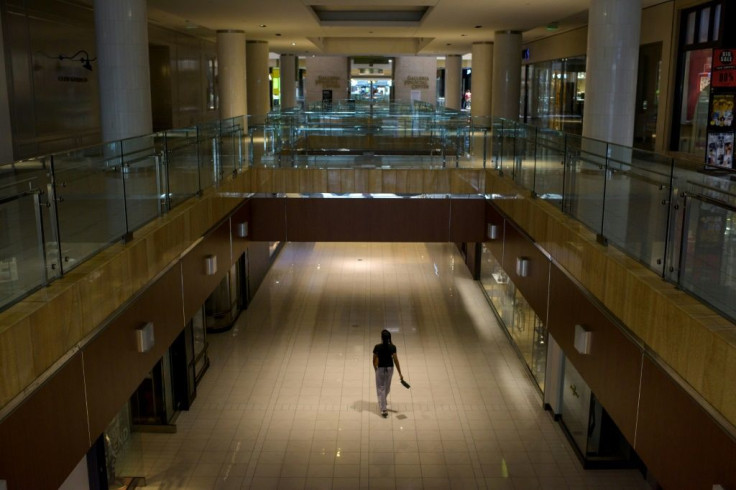Mall Operators Find The Silver Lining With Online Shopping
As the holidays approach, malls are preparing for the lackluster foot traffic amid a worsening pandemic. Many malls have already begun to combat revenue losses and are transitioning some retailers into mini-fulfillment centers.
“It’s a very real possibility,” Max Pedro, the president and co-founder of Takeoff Technologies Inc, told The Wall Street Journal. Pedro added, “It would be a huge missed opportunity” if malls didn’t convert to fulfillment centers.
Malls are a prime location for mini-fulfillment centers. They have plenty of space to run fulfillment centers while having key retailers on-site as well.
Pedro told The Journal that one European mall landlord with multiple locations is already considering the strategy.
Malls were hit hard by the pandemic. Many were closed at the beginning of the pandemic as they were deemed non-essential, but even prior to COVID they struggled due to the growth of online retailers.
This month alone two midsize mall owners, CBL & Associates Properties Inc., and Pennsylvania Real Estate Investment Trust, filed for bankruptcy. Malls aren't the only ones struggling to keep their doors open. Retailers including J.C. Penney, Neiman Marcus, and Brooks Brothers all filed for bankruptcy citing pandemic-related issues and struggles to compete against online retailers.
Failing or struggling malls are now often bought out by larger companies like Amazon and FedEx. The sites usually transition into storage units and hold products ahead of deliveries to customers.
IBT previously reported Simon Property Group, which operates more than 200 malls in the U.S., has held initial discussions with Amazon to convert some of its empty storefronts, which used to hold JC Penney and Sears, into delivery hubs.
“It’s understandable malls are wanting to reinvent themselves,” said Kelsie Marian, an analyst in Gartner Inc.’s CIO Research Group. “For some, leasing or selling space to another fulfillment or logistics operator may be the most viable option.”
While in-house fulfillment centers can potentially create revenue for mall operators, owners need to be aware of the costs that come with establishing these centers, Sucharita Kodali, an analyst at enterprise-technology research firm Forrester Research Inc., told The Journal.
“The myth about micro-fulfillment centers is that they can apply to anything,” Kodali cautioned. “I wouldn’t say it’s foolhardy, but they need to consider the opportunity cost of the real estate,” Ms. Kodali said.

© Copyright IBTimes 2024. All rights reserved.











